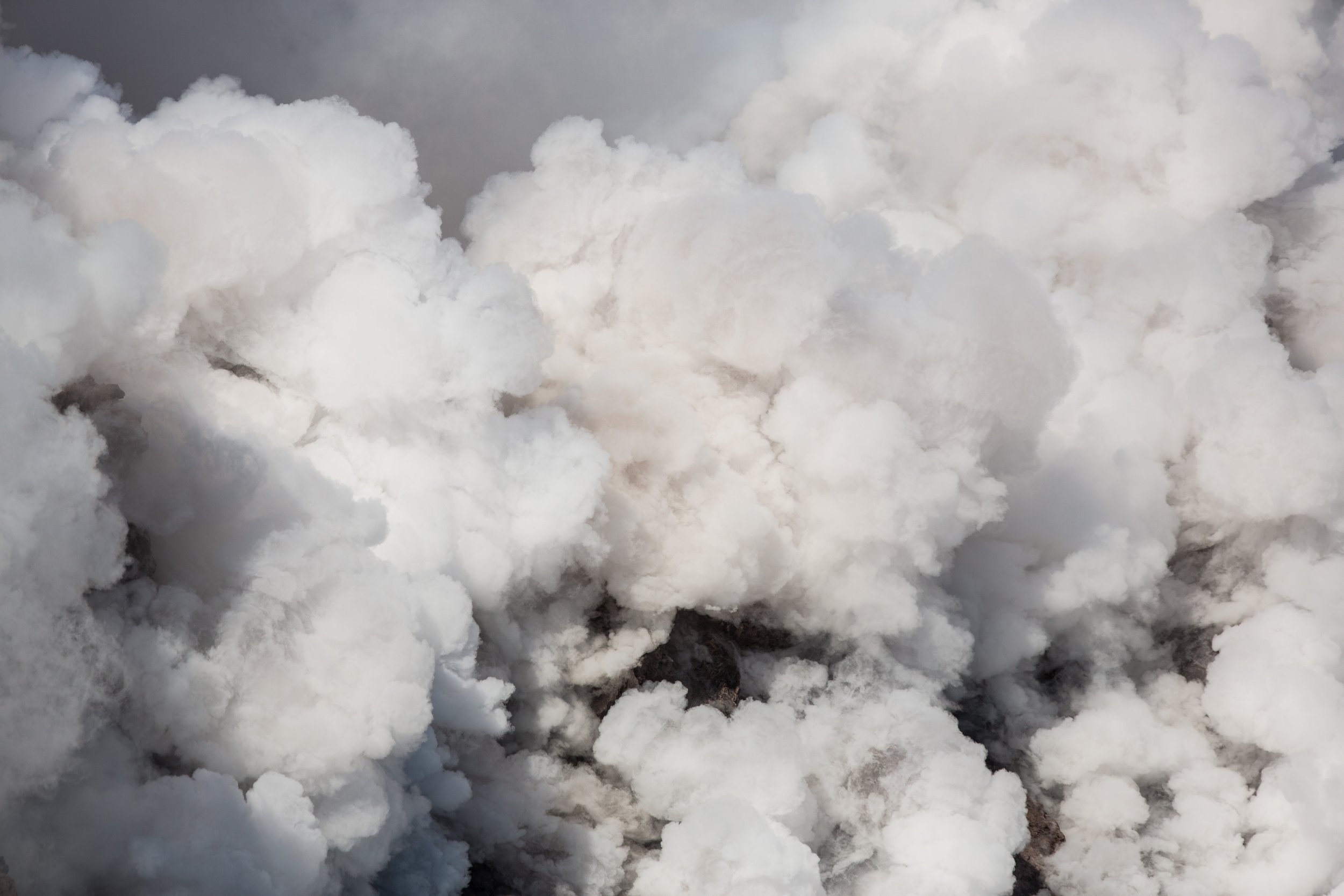
Wildland Firefighters Studies (2021-2026)
Funding: Federal Emergency Management Agency (FEMA) EMW-2020- FP-00430 Wildland Firefighter Study-Exposure Assessment, Carcinogenic Effects and Risk Management, EMW-2022-FP-00774 Wildland Firefighter Study-Expanded Exposure Measurement and Exposure Reduction Interventions, and a subcontract from CAL FIRE Enhancing Wildland Firefighting and Firefighter Health and Safety under Principal Investigator Matt Rahn, PhD
Principal Investigator: Jeff Burgess, MD, MS, MPH
Project Coordinator: Brooke Hawkes, MS
Goal: To reduce exposure and cancer risks in wildland firefighters.
Specific Aims
1. Evaluate acute exposure to carcinogens during wildland and wildland-urban interface (WUI) responses;
2. Measure biomarkers of chronic carcinogenic effect;
3. Select exposure-reduction strategies and test their effectiveness
Anticipated Impact
We will identify exposures and measures of increased cancer risk in wildland firefighters, which will be used to further identify high-exposure job tasks specific to wildland and WUI fires and effective exposure-reduction strategies.
Study Updates
1. As of January 2025, over 700 wildland firefighters are enrolled across California, Colorado, Utah, and Wyoming.
2. Conducting 18-24 month follow-up visits with study participants.
3. Reporting back individualized urinary polycyclic aromatic hydrocarbon (PAH) metabolite results to study participants who provided post-fire urine.
4. Summarizing deidentified aggregate exposure data from the first 100 post-fire urine samples collected and will be reporting this back to study participants and fire departments.
5. Firefighters who responded to the 2023 Maui wildfires and a group of firefighters from the same region who did not attend the incident provided samples and survey data. Biological markers of effect are being analyzed and will be reported back to the study participants.